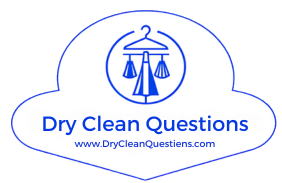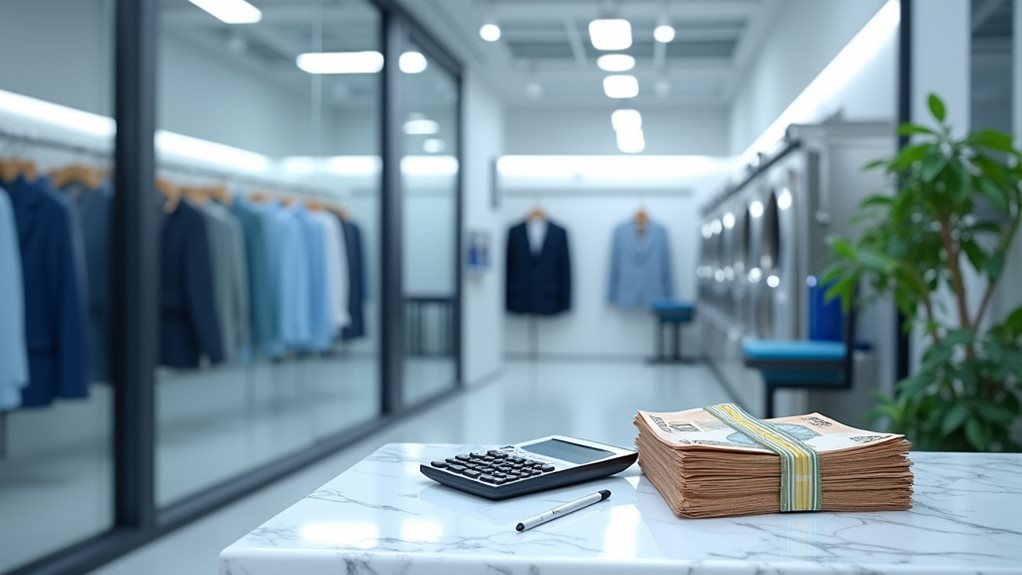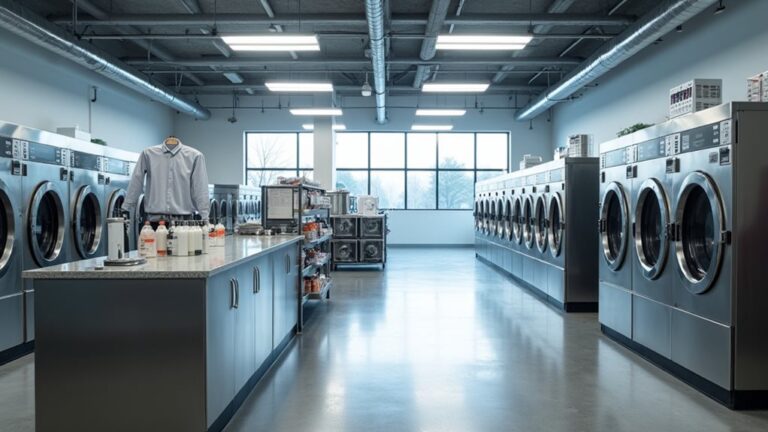You’ll need between ₦500,000 for a small-scale dry cleaning operation and up to ₦10,000,000 for larger ventures, though most successful entrepreneurs I’ve encountered start comfortably around ₦1,500,000. This covers vital equipment like washing machines and dryers, rental deposits for high-traffic locations, legal registration fees ranging from ₦35,000 to ₦115,000, plus significant working capital of ₦100,000 to ₦500,000 for those inevitable slow months that’ll test your patience and planning skills.
Initial Capital Requirements for Different Business Scales
When I first considered diving into the dry cleaning business in Nigeria, I quickly realized that understanding your startup costs isn’t just about crunching numbers—it’s about honestly evaluating what scale you can realistically handle without stretching yourself too thin financially.
For small scale operations, you’re looking at roughly ₦500,000 initial capital investment, which covers crucial equipment and gets your registered business off the ground.
However, if you’re eyeing medium to large scale ventures, prepare for ₦1,000,000 to ₦10,000,000 in startup costs.
Beyond the initial equipment purchase, you’ll also need to budget for working capital to cover operational expenses during your first few months while building your customer base.
Essential Equipment and Setup Costs
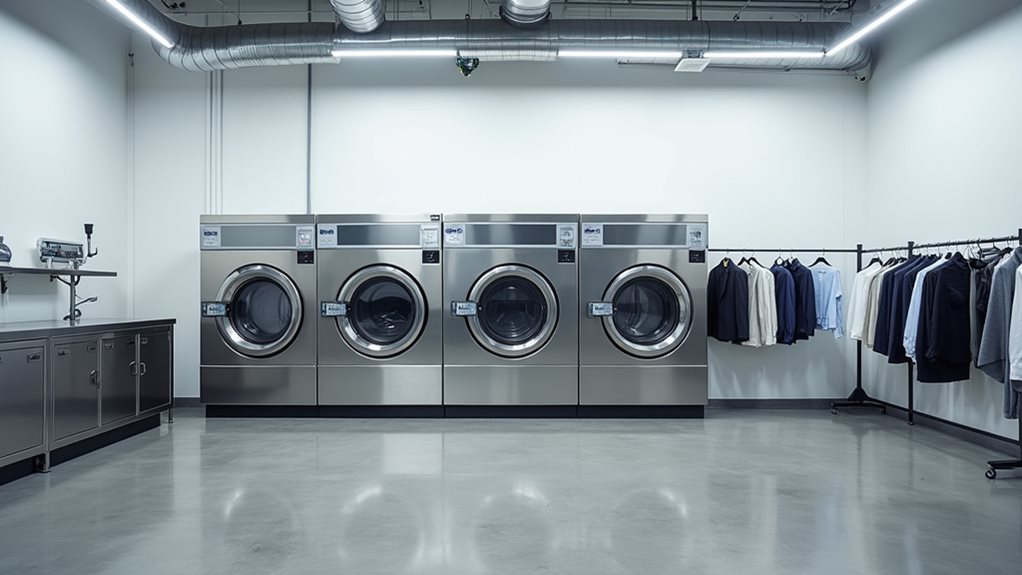
Although I’d love to tell you that buying dry cleaning equipment is as simple as walking into a store with your shopping list, the reality involves more strategic thinking than I initially anticipated when I started researching this business.
Your fundamental equipment needs careful consideration, especially when setup costs can make or break your budget from day one.
Setup costs demand strategic planning since your initial equipment investments will determine whether your dry cleaning business succeeds or fails financially.
Here’s what you’ll actually need to get started:
- Core cleaning equipment: washing machines, dryers, and pressing irons form your operational backbone
- Power backup: a reliable power generator guarantees consistent service during outages
- Supporting supplies: washing basins, packaging materials like nylon bags and tags
- Organization tools: proper storage solutions and shelving systems
The commercial-grade equipment alone can represent a significant portion of your startup investment, so budget accordingly for quality machines that will handle daily commercial use.
Location and Premises Investment
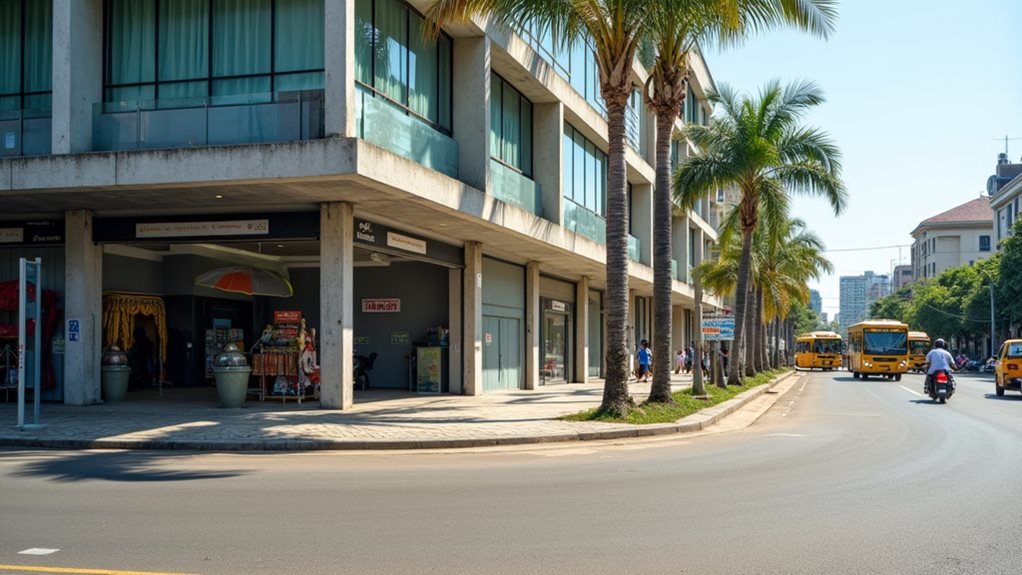
Before I learned the hard way that location can make or break your dry cleaning dreams, I thought any decent-sized room with water access would suffice—boy, was I wrong about that assumption.
Your premises investment becomes your silent business partner, working 24/7 to attract customers or quietly sabotaging your efforts. High-density residential areas offer consistent foot traffic, while rental costs typically range from ₦100,000 to ₦500,000 annually depending on size and visibility.
You’ll need reliable water supply and electricity for daily operations—trust me, nothing kills profitability faster than inconsistent utilities.
Consider competition carefully; being too close creates price wars, while isolation limits customer acquisition.
Smart location choices transform ordinary dry cleaning shops into neighborhood institutions. With urbanization trends driving market growth globally, positioning your business in developing urban areas can capture expanding customer bases seeking convenient garment care solutions.
Operational Expenses and Working Capital
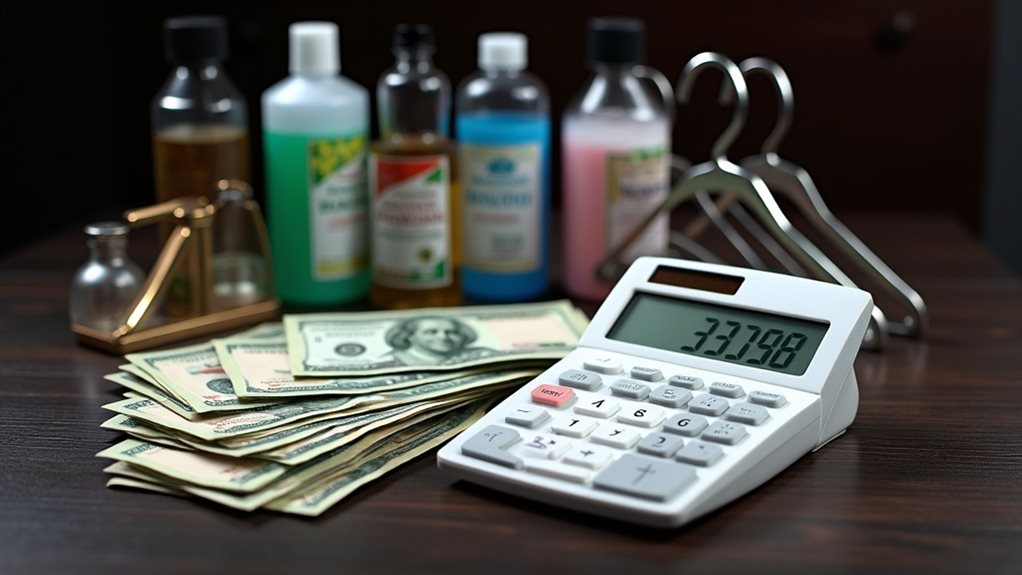
Three months into running my first dry cleaning shop, I discovered that operational expenses don’t just eat into profits—they devour them with the appetite of a hungry teenager.
Unlike equipment costs that you pay once, these bills show up religiously every month like that relative who never gets the hint.
Your dry cleaning business in Nigeria will face operational expenses averaging ₦50,000 to ₦200,000 monthly, and trust me, these numbers add up faster than you’d imagine.
Here’s what’ll keep you awake counting naira:
- Staff wages and utility bills form your biggest expense chunks
- Power generator costs (₦20,000-₦50,000 monthly) because NEPA isn’t reliable
- Equipment maintenance and cleaning supplies prevent costly breakdowns
- Marketing costs (₦10,000-₦50,000) keep customers coming
Maintain ₦100,000-₦500,000 working capital for cash flow stability.
Understanding pricing factors like garment complexity, fabric type, and special treatments will help you set competitive rates that cover your operational costs while remaining attractive to customers.
Legal Registration and Licensing Fees
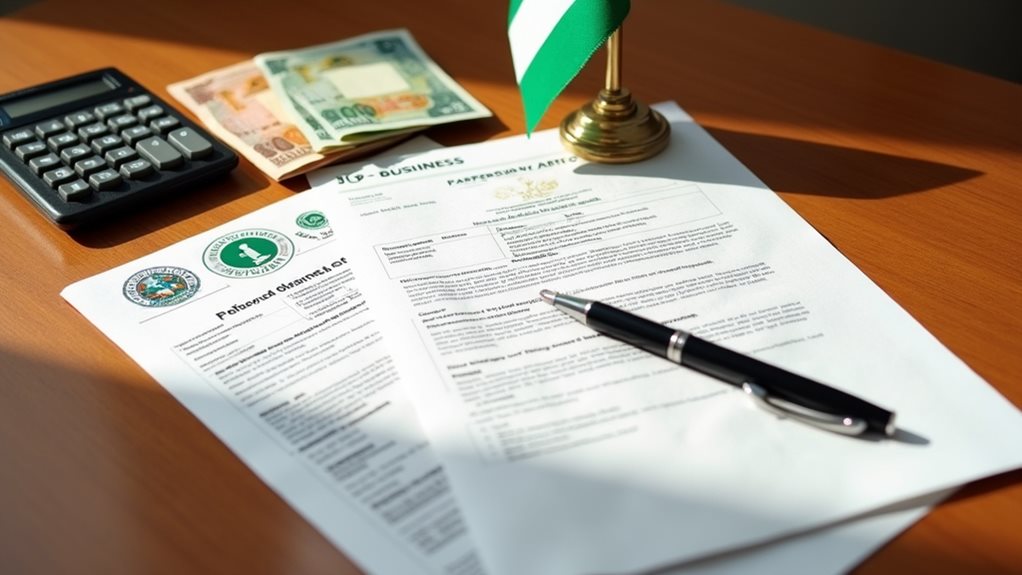
Four different government offices later, I realized that getting your dry cleaning business legally registered in Nigeria feels like solving a puzzle where each piece costs money.
Honestly, I wish someone had warned me that the fees would stretch beyond just the basic CAC registration. Your legal registration process with the Corporate Affairs Commission starts between ₦10,000-₦50,000, depending on whether you choose sole proprietorship or LLC as your business structure.
The registration fees are just the beginning – prepare for additional costs that nobody mentions upfront when starting your business.
Don’t forget your Tax Identification Number (it’s free but needs paperwork), plus licensing fees for your business permit from your local government area (₦5,000-₦20,000).
The environmental health certificate adds another ₦10,000-₦30,000 to your cost to start, along with fire safety certificates meeting compliance requirements.
Budget ₦35,000-₦115,000 total for everything! 📋
Strategies to Minimize Startup Costs
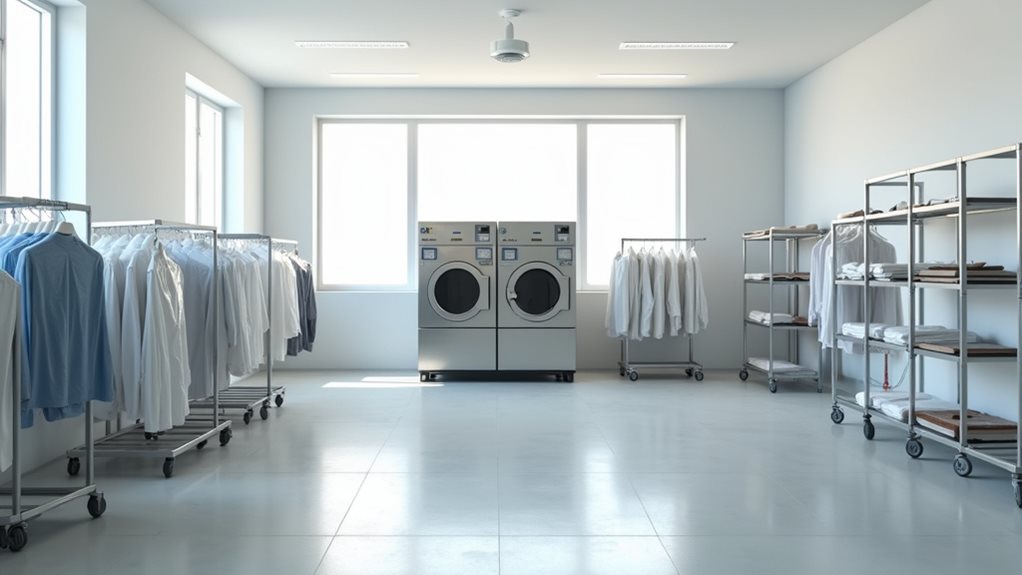
While staring at my initial business plan with its intimidatingly high numbers, I discovered that smart cost-cutting strategies can transform your dry cleaning dreams from financially overwhelming to genuinely achievable.
Trust me, every naira you save during startup becomes precious working capital later.
When you start a laundry business, these tactics will minimize startup costs without sacrificing quality:
- Invest ₦50,000-₦100,000 in vital equipment like pressing irons and hangers, buying used machines to maintain operational efficiency while slashing expenses.
- Choose a low-rent location or operate from home initially, reducing overhead dramatically.
- Source cleaning products locally to negotiate better prices and build community relationships.
- Implement a cash-based system guaranteeing steady cash flow without payment delays.
Remember to secure all necessary business licenses before operations begin, as compliance protects your investment and ensures legal operation.
These strategies create sustainable foundations for growth.
